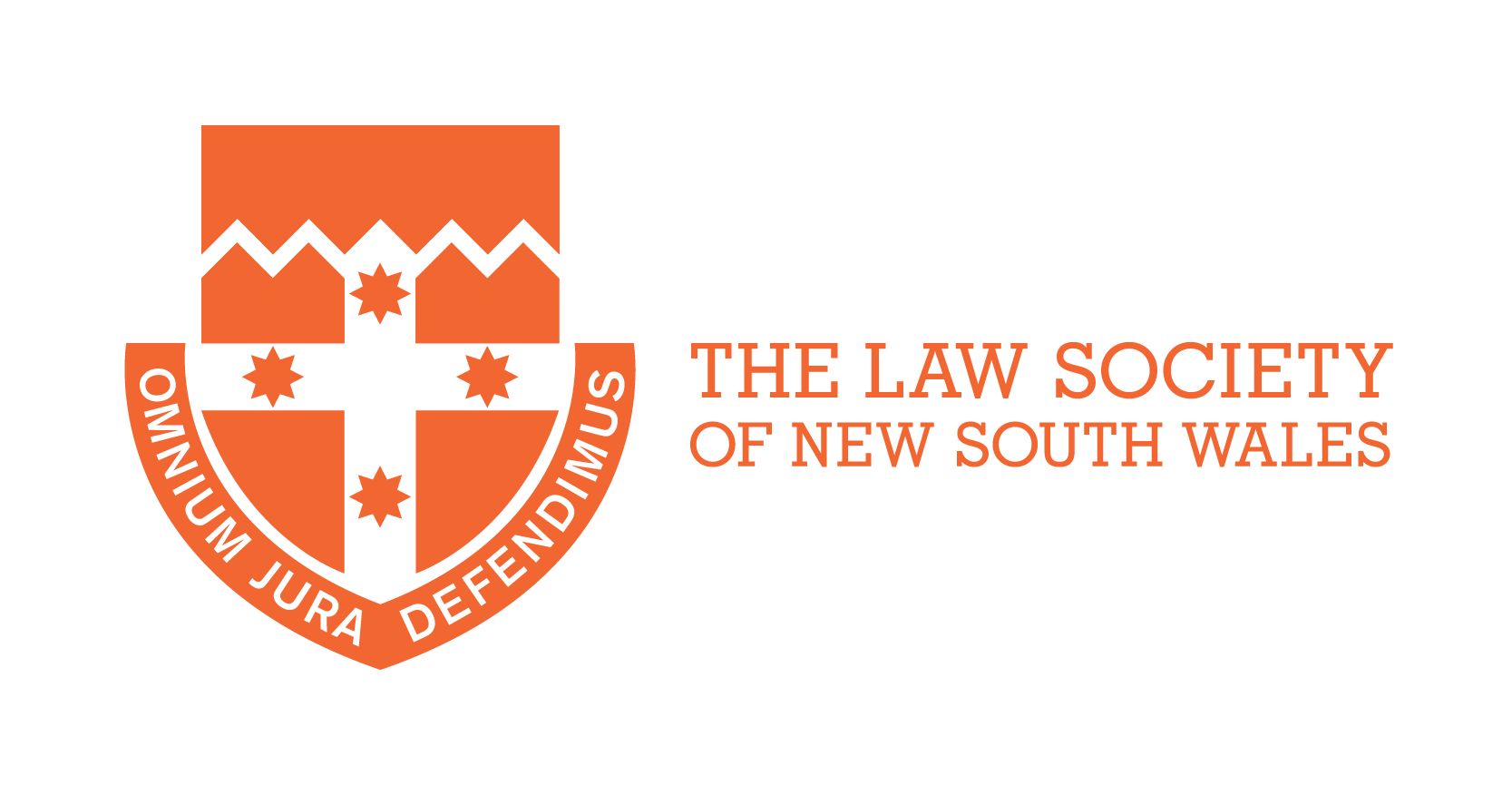

AI – the promises, the pitfalls and the precautions
President's Message | 4 December 2023
Artificial Intelligence has already been repeatedly cast as a perfect Hollywood villain. Hal, the paranoid computer in 2001: A Space Odyssey is just one example.
Hal’s single red eye glows across the decades from 1968, as if warning us to be cautious in deciding how much power we give to a computer, lest we end up like ‘Dave’, stranded outside the pod bay doors in deep space.
We as a profession are right to be somewhat apprehensive about the role AI is playing and will play in our work and lives. This is illustrated by recent instability at the company that runs the most prominent and popular AI platform, ChatGPT.
But apprehensions about new technologies should never prevent us from exploring how they can benefit our practices and our clients. If we hadn’t done so, we and our forebears would never have allowed a typewriter or fax machine in our practices.
AI can be an important and useful tool in promoting access to justice and in freeing up practitioners from mundane or repetitive tasks. In medium-sized and large practices these tasks are often completed by early career lawyers.
Less tedium for these emerging practitioners can lead to greater opportunities for them to engage in more challenging and complex legal work, setting them up for better, more rewarding careers.
AI is here to stay. The Law Society is committed to supporting the profession to come to grips with the benefits of this new technology in keeping with solicitors’ obligations to our clients and the courts.
The importance of these obligations cannot be overstated when it comes to using AI. We already have an infamous example of a lawyer’s over-reliance on AI, with fake citations generated by ChatGPT put before a Manhattan court.
In its latest Ethics & Standards Quarterly, our Professional Standards Department has produced A solicitor’s guide to responsible use of artificial intelligence. I encourage all members to read and absorb this valuable work.
At the end of 2001: A Space Odyssey, putting himself at great risk, Dave eventually got back into his ship and shut Hal down. The guide we’ve produced will help you avoid the risks of AI going rogue on you, while applying its benefits for the good of your practice and your clients.
How you can be a Nominated Personal Representative
A fortnight ago in this message, I shared the Law Society’s new one-step online form for sole principals to notify us of their nominated personal representative, or NPR – a solicitor who can manage a practice if there’s a sudden and unexpected inability for the principal to do so.
To work out who could step in as your NPR (or alternate) – or whether you could be an NPR yourself – our Checklist including a pdf version of the form, which you can still use, provides a useful guide.
For example, as well as being experienced in your area of law and being able to step in at short notice, NPRs much hold a principal’s practising certificate and should be authorised to receive trust money.
The Checklist details how an NPR takes over managing a practice. The Law Society’s Professional Standards Department needs to verify that the NPR is appropriately qualified to manage the practice, having regard to their professional experience, reputation and disciplinary record.
I again encourage members who run their own practices to look around, talk to your colleagues, and work out who might be best placed to manage your practice should you not be able to. Should you meet the requirements in the Checklist, you might also want to let colleagues know you’d be happy to be their NPR or alternate.
While I’m at it, check out the podcast where I spoke on this issue with the Law Society’s External Intervention Solicitor David Viney.
Judicial appointments
Over the past month or so, the NSW Attorney General has announced judicial appointments that will inject much-appreciated talent into the benches of the Supreme and District Courts.
District Court Judge Sarah Huggett has been appointed as a Justice of the Supreme Court of NSW. Her Honour has a storied history as a lawyer, being the sole instructing solicitor in the trial of Ivan Milat.
More recently, as a judge on the District Court Walama List, her Honour has played a central role in therapeutic and holistic sentencing approaches to address the underlying causes of offending by the Aboriginal and Torres Strait Islander people who appeared before her. Her elevation to the Supreme Court is well deserved.
Attorney General Daley also announced the appointments of Deputy Senior Crown Prosecutor Miiko Kumar and barristers Christine Mendes and Troy Anderson SC to the District Court Bench.
I congratulate all of the appointees and look forward to attending as many of the swearing-in ceremonies as I’m able, where the Law Society will formally welcome these worthy appointees to this new and important stage in their careers.
Errata
Last week’s President’s Message incorrectly described the Honourable Geoffrey Bellew SC as a District Court Judge. He retired as a Justice of the Supreme Court of NSW in February this year and is currently the Chair of the State Parole Authority.
The President’s Message of 20 November incorrectly spelt the name of former President of the Law Society, Rod McGeoch AO.
Cassandra Banks, President, Law Society of NSW






